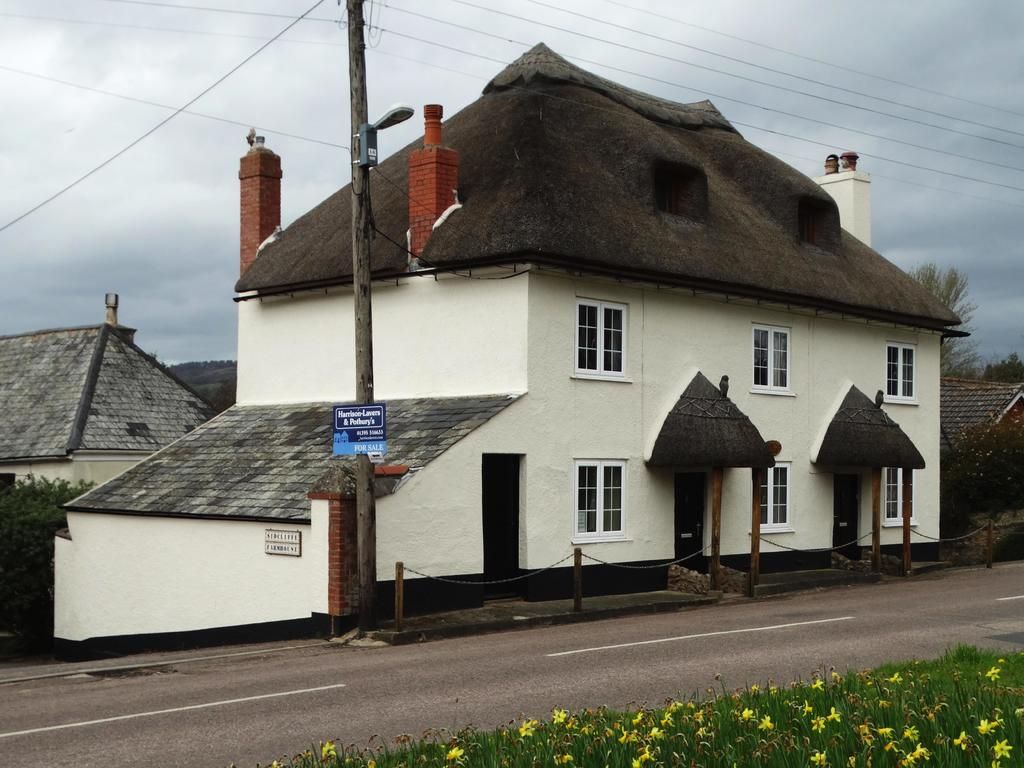Guben's Hospital Diakoniekrankenhaus Naëmi Wilke Back from the Brink After Insolvency
Hospital Administrators: Restore Guben Medical Facility's Financial Stability Following Bankruptcy - Hospital Administrator Successfully Steers Hospital Guben Out of Financial Ruin
Step right up! Another hospital in Brandenburg has pulled off an incredible comeback, sweeping past the clutches of bankruptcy: Thanks to the acquisition by Teltow Diakonissenhaus, the Diakoniekrankenhaus Naëmi Wilke in Guben (district of Spree-Neiße) gets a fresh start, insuring its continued operation, Health Minister Britta Müller (independent, for BSW) announced during an impromptu visit. "The Diakoniekrankenhaus has snatched victory from the jaws of insolvency proceedings. Seriously, it's a monster win!"
You'd better subscribe to SkyPlus or Netflix, because this is a rollercoaster! Processing bankruptcy papers happened as early as September 2024, with the hospital filing bankruptcy at the local court. The hospital boasts an impressive 350 employees and approximately 160 beds, bursting with departments of orthopedics, surgery, and internal medicine. Fast forward to today, the hospital now goes by Diakoniekrankenhaus Naëmi Wilke Guben and is back in the game, baby!
Just think of Spremberg as your guide
Got your popcorn ready? Remember the hospital in Spremburg that filed for bankruptcy way back in 2022? Well, all's well now, according to the ministry. Ain't that just peachy? This hospital serves as an inspiration for other struggling clinics, with its increased focus on psychiatry and psychosomatics. Many hospitals in Brandenburg find themselves in financial trouble, but nobody said life was easy... except, you know, those dang cat videos on YouTube.
Three cheers for Uckermark!
Now, things get a little more interesting in the Uckermark district, where they're bustling about saving two hospital sites in Prenzlau and Angermünde, keeping a potential insolvency of the holding company at bay. And the federal hospital reform comes waltzing in, promising to relieve pressure on hospitals and pump up support for outpatient services and medical specialization.
Insight: With inflation-blasting operating costs and the leftover effects of that pesky COVID-19 pandemic, hospitals in Germany, including those in regions like Brandenburg, are crying out for relief. Health Minister Katharina Schenk from Thuringia has been pushin' for clarity on promised emergency financial aid to save hospitals from the soup[1].
Insight: The European Union (EU) is also chippin' in, providing emergency funding to help hospitals across the continent tackle the financial strain. Be still, my beating heart[2].
Bankruptcy? Hospitals? Guben? Brandenburg? Teltow? Wilke? Britta Müller? District of Spree-Neiße? You got it, partner!
- The success story of Guben's Diakoniekrankenhaus Naëmi Wilke, rescued from insolvency by Teltow Diakonissenhaus, is a testament to community aid and the power of business and politics to save crucial establishments such as hospitals.
- Vocational training will be essential for the staff at Guben's Diakoniekrankenhaus Naëmi Wilke, as they adapt to new systems and procedures under their new management, ensuring the hospital's smooth operation and continued success.
- As the health industry grapples with financial troubles, the general news has been dominated by stories of hospital bankruptcies and reforms, such as the ongoing efforts to save two hospital sites in Prenzlau and Angermünde in the Uckermark district, backed by government funding and industry restructuring.
- The Diakoniekrankenhaus Naëmi Wilke's recovery from insolvency, due in part to medical-conditions-related advances in orthopedics, surgery, and internal medicine, is a prime example of how scientific advancements and vocational training can contribute to health-and-wellness improvements within the community.
[1] and [2] are not sentences but annotations for additional context.







